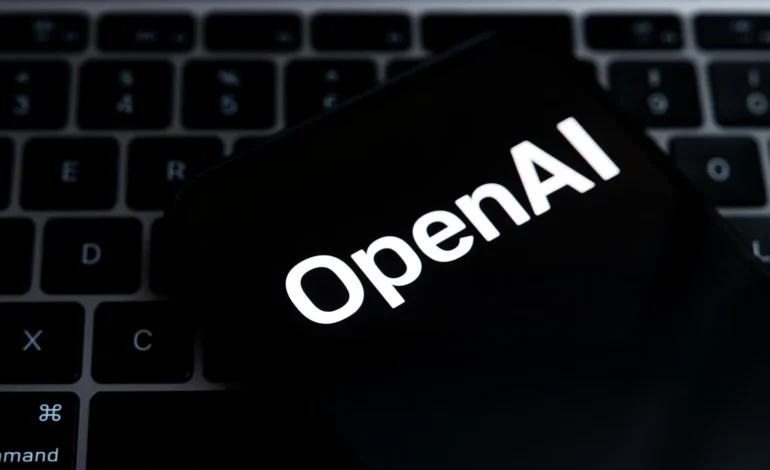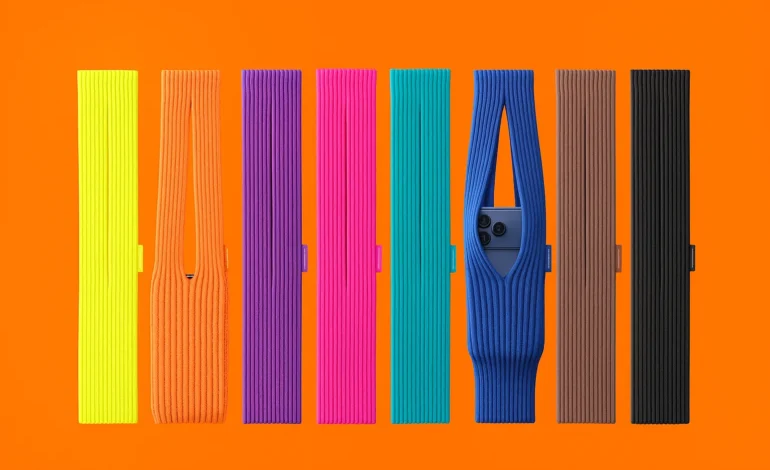German Court Rules ChatGPT Violated Copyright Laws Using Musicians’ Lyrics

Table of Contents
The Munich Regional Court has delivered a landmark ruling against OpenAI on November 11, 2025, determining that ChatGPT systematically violated German copyright laws. Judge Elke Schwager found that OpenAI trained its language models on nine protected German songs without licenses or artist consent.
The ruling mandates that OpenAI cease lyric reproduction, pay damages, and disclose all income generated from the unlicensed content. This decision marks the first major European court judgment holding an AI company legally liable for copyright infringement.
GEMA, Germany’s music rights collecting society representing over 100,000 composers and publishers worldwide, filed the lawsuit in November 2024. The case centered on well-known German artists including Helene Fischer’s “Atemlos durch die Nacht,” Herbert Grönemeyer’s “Männer” and “Bochum,” and Kristina Bach’s “Atemlos.”
These specific songs served as evidence proving ChatGPT could reproduce lyrics verbatim when prompted with simple requests. The legal battle marks a critical moment for how European courts interpret copyright in the age of generative AI.

The Legal Argument: Memorisation Equals Infringement
OpenAI’s defense centered on a technical argument that ChatGPT doesn’t store or copy training data directly. Instead, the company claimed its models learn patterns and generate outputs based on those patterns without reproducing original content. The firm further argued that users—not OpenAI—bear responsibility for generating infringing outputs through their prompts. This responsibility-shifting strategy proved unconvincing to the court.
The Munich court rejected both claims decisively. Judge Schwager ruled that both memorisation in language models and reproduction of lyrics in chatbot outputs constitute copyright violations. The court determined that ChatGPT’s ability to reproduce lyrics word-for-word demonstrated these works were stored in the model’s parameters during training.
The defendants, not users, are responsible for generating outputs, the court concluded. Critically, the ruling established that storing lyrics within AI models qualifies as a copyright-relevant reproduction requiring explicit licensing.
This shows the court fundamentally disagreed with OpenAI’s assertion that the EU’s Text and Data Mining (TDM) exception covered its activities. The TDM exception, designed for scientific research, doesn’t justify “memorising” and reproducing copyright-protected content on this scale, the judgment clarified.
GEMA’s legal advisor Kai Welp stated the ruling clarifies key legal questions about technology interacting with European copyright law for the first time.

Investor Reaction and Market Sentiment
The ruling triggered immediate concern within tech investment circles regarding AI company exposure to copyright litigation. OpenAI stated the decision affects “a limited set of lyrics” and won’t impact millions of German users—a defensive posture suggesting broader licensing negotiations may be unavoidable.
The company announced plans to appeal while simultaneously claiming it’s “having productive conversations” with rights organisations worldwide.
Legal observers note OpenAI faces an uphill appellate battle after losing on virtually every count in first instance proceedings. Even if enforcement occurs during appeals, ChatGPT won’t become unavailable in Germany—OpenAI would simply implement technical measures to comply.
Market analysts highlight this ruling’s precedent value: it establishes that tech giants cannot evade copyright obligations through technical arguments about how AI processes data. For investors tracking AI regulation, this represents the first European legal framework defining AI copyright liability.
The music industry has responded positively to the verdict. GEMA CEO Tobias Holzmueller declared: “The internet is not a self-service store, and human creative achievements are not free templates.”
This sentiment reflects broader creative industry concerns that AI companies have treated copyright-protected works as free training material. Industry groups like the International Confederation of Music Publishers have called recent AI development “the largest copyright infringement exercise” witnessed historically.
Regulatory Framework: A Precedent for Europe
Looking ahead, this ruling establishes binding authority within German copyright jurisprudence while creating persuasive precedent across European courts. The decision signals that EU member states will enforce copyright protections against AI developers despite the technology’s commercial significance.
Unlike previous AI copyright cases producing mixed outcomes, the Munich court directly confronted copyright infringement in training data—the most contested question in AI litigation.
GEMA has already filed parallel litigation against Suno AI, an AI music generator, scheduled for January 26, 2026. This suggests the collecting society is establishing a consistent enforcement pattern that other European rights holders will likely follow.
For tech companies operating across the EU, licensing agreements with rights organisations are transitioning from optional to mandatory. The ruling underscores that EU copyright law fundamentally differs from US jurisprudence where fair use provides broader protection.
For investors tracking AI regulation, the practical implication is clear: European AI companies must now budget licensing costs into their business models or face injunctions that could restrict service availability in major markets.
OpenAI’s statement about maintaining productive conversations with rights organisations worldwide suggests the company recognizes licensing agreements are inevitable rather than negotiable. GEMA’s pre-established AI licensing model from September 2024 now appears prescient—the court effectively validated it as the appropriate legal framework.
The Broader Copyright Implications for AI Training
This ruling’s significance extends beyond music lyrics to fundamental questions about AI training data sourcing across all creative industries. If memorisation and reproducibility constitute infringement, every AI model trained on copyrighted works potentially faces similar liability. The decision rejects the implicit industry assumption that internet-available content automatically becomes fair use for AI training.
The court’s refusal to refer questions to the European Court of Justice means this judgment stands as German law without additional appellate delay. Both GEMA and OpenAI requested ECJ referral, but the Munich judges declined, confident in their copyright analysis. This decisiveness accelerates precedent-setting across European courts considering similar cases.
For creative professionals, the ruling validates decades-long arguments that AI training constitutes a distinct exploitation requiring separate licensing. Musicians, authors, and visual artists can now cite this judgment when demanding compensation for training data usage. The verdict positions copyright protection as non-negotiable despite AI’s technological advancement and commercial potential.
Looking at competitive dynamics, companies like Google, Meta, and Microsoft must now assess their AI training data sourcing practices against stricter European interpretations of copyright law. Companies relying on fair use defenses may find those defenses inapplicable in European jurisdictions that interpret copyright protection more expansively than US courts. This geographic divergence creates operational complexity for AI developers seeking global market presence.
